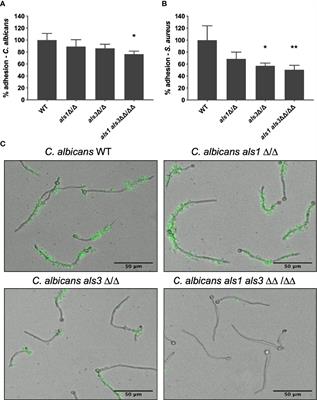EDITORIAL
Published on 27 Aug 2021
Editorial: Fungal Biofilms in Infection and Disease
doi 10.3389/fcimb.2021.753650
- 1,806 views
- 3 citations
10k
Total downloads
43k
Total views and downloads
EDITORIAL
Published on 27 Aug 2021
ORIGINAL RESEARCH
Published on 02 Aug 2021
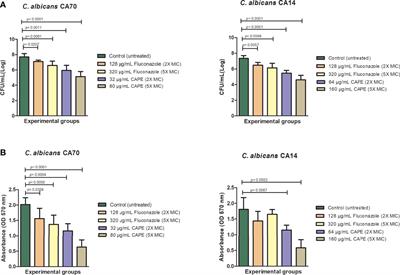
ORIGINAL RESEARCH
Published on 10 Jun 2021
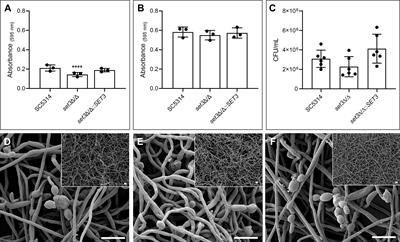
ORIGINAL RESEARCH
Published on 26 May 2021
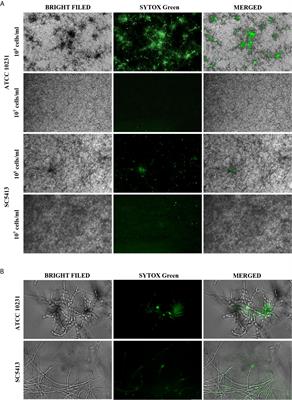
ORIGINAL RESEARCH
Published on 25 Feb 2021
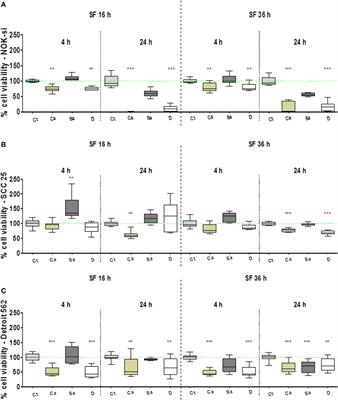
ORIGINAL RESEARCH
Published on 19 Feb 2021
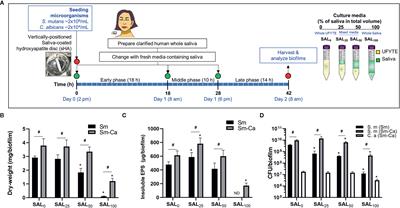
ORIGINAL RESEARCH
Published on 02 Feb 2021
